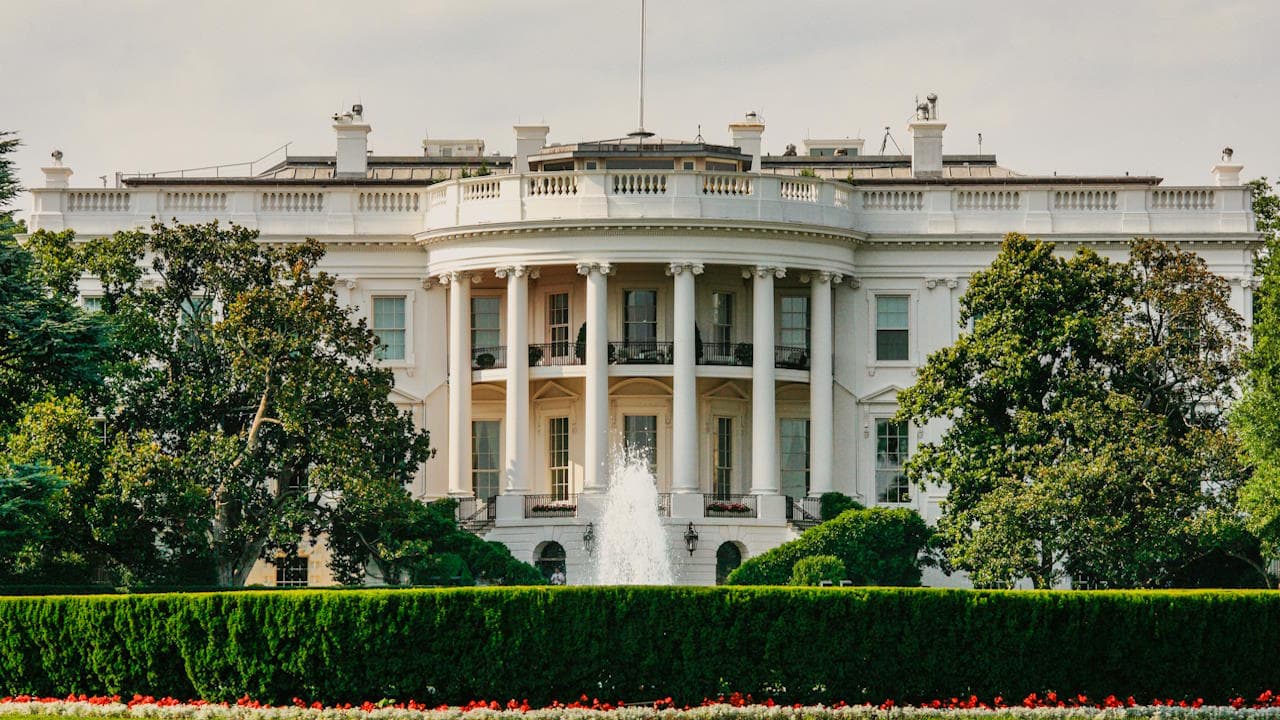
The Biden administration said it intends to terminate Uganda’s status as a beneficiary country under the African Growth and Opportunities Act (AGOA) because of the government’s “gross violations of internationally recognised human rights.”
The move is the latest, and arguably the most consequential, in a series of measures the US government has taken against Uganda in response to its anti-homosexuality law, which came into force in May. In addition, the World Bank declared in August that it will not grant new loans to Uganda until further measures have been taken to ensure that the law does not discriminate or ostracize those involved in bank-funded projects.
In a letter to the leaders of both houses of the US Congress Monday, President Joseph Biden said that despite ‘intensive engagement’, Uganda had failed to address concerns about its failure to meet the act’s eligibility criteria. Other countries named in the document and facing the same action are the Central African Republic, Gabon, and Niger.
“Accordingly, I intend to terminate the designation of these countries as beneficiary sub-Saharan African countries under the AGOA, effective January 1, 2024,” says the letter.
“I will continue to assess whether the Central African Republic, Gabon, Niger, and Uganda meet the AGOA eligibility requirements,” it added.
AGOA is a trade preference programme that provides duty-free access to the United States for certain products exported by eligible sub-Saharan African countries. In 2022, 36 of the 49 countries in the region were beneficiaries of the programme.
Last week, multiple US government agencies issued a ‘business advisory’ cautioning American companies and citizens of the increased risks and conflicting legal obligations they may face when doing business in Uganda, due to pervasive corruption and human rights restrictions made worse by the anti-homosexuality law. The caution followed the state department’s raising of the travel advisory level for Uganda to three in July, advising travellers to reconsider their plans due to significant safety concerns.
To qualify for AGOA benefits, countries must meet specific criteria in five categories: economic, political (including rule of law, political pluralism, and anti-corruption measures), poverty reduction, labour and human rights, and terrorism and security.
In 2022, Uganda’s exports to the US under the AGOA programme were worth $10.2 million, representing 12.5 per cent of Uganda’s total exports of goods and services to the US that year. According to the US department of commerce, this low figure is due to “high transportation costs, limited US demand for Ugandan goods, and poor export capacity.”
Uganda exported $81.6mn in goods and services to the US last year.
In May, Mr Biden warned that the anti-homosexuality act could affect Uganda’s eligibility for the AGOA programme, in a statement issued in response to what he called a “tragic violation of universal human rights.”
He also warned that it could affect “other forms of assistance and investments,” as well as lead to “sanctions and restriction of entry into the United States against anyone involved in serious human rights abuses or corruption.”






